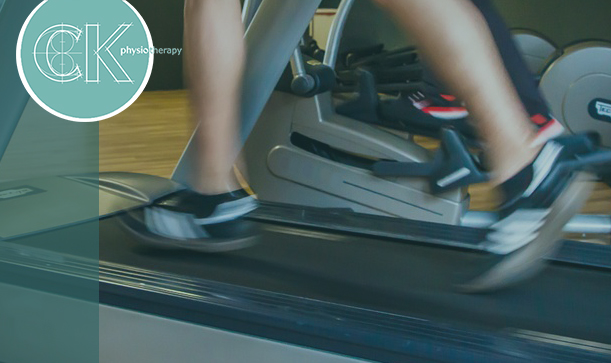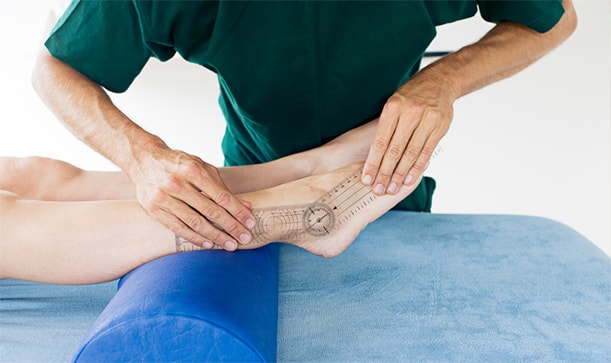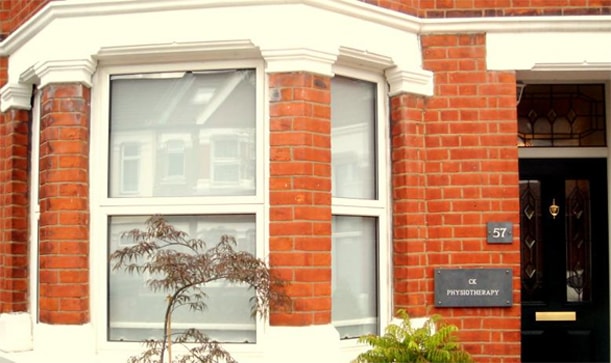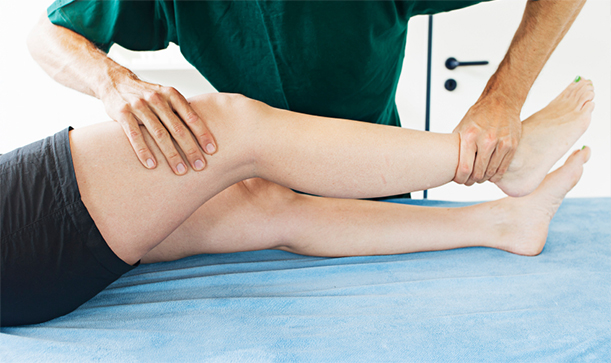CK Physiotherapy
AREAS COVERED
W7, W5, W13, Ealing, West London
57 Elthorne Avenue
Hanwell, W7 2JY
T: 020 8566 4113
M: 079 572 46185
E: info@ckphysio.co.uk
Location / Parking
We are situated in Hanwell, between Boston Manor Road and Northfields Avenue, south of the Uxbridge Road.57 Elthorne Avenue
Hanwell, W7 2JY
There are parking restrictions Mon - Fri 9-10am and 2-3pm. If you need a permit during this time please inform your therapist when you arrive. There are no parking restrictions at other times.
Opening Times
Please phone the number above during working hours to make an appointment. Our reception service will be happy to book your session.
London Underground / Bus Services
London Underground
10 min. walk from Boston Manor Tube Station.
15 min. walk from Northfields Tube Station.
Bus Service
E8, E3, E2, 207, 607, 83
Request Call Back
Our Blog
The Physiotherapist for Assessment and Treatment of Mobility
By: BryanKelly (Psst, View author in Google Plus) Date: May 7th, 2019Mobility and balance are often taken for granted. For many ageing seniors, the loss of mobility is all too real and affects the ability to perform even the simplest of tasks in their day-to-day activities. Many do not realise that physiotherapy is extremely effective in helping to improve mobility and balance and therefore leading to a higher quality of life.

The Effect Aging Has on Mobility and Balance
It is commonly acknowledged and understood that as you age your balance isn't what it used to be and that you will experience decreased mobility at least to some degree. What are the mechanisms behind this inevitable occurrence?
What is Balance?
According to Harvard Medical School, balance is the ability to be able to shift your weight in a way that keeps you from falling over or allows you to regain your balance if you do happen to trip. It takes the entire body working together in order for an individual to have good balance. Good balance involves input from the central nervous system, muscles, joints, bones, inner ear, and eyes. A deficit in any of these areas can wreak havoc on your ability to practice good balance.
There are also medical conditions which can negatively affect your balance. Parkinson's, stroke, multiple sclerosis, cataracts, macular degeneration, and Meniere's disease are just a few of the diseases that affect balance. These diseases are more commonly seen in ageing seniors than young adults.
What is Mobility?
Mobility refers to the ability to easily move joints. Those with good mobility are able to move joints freely, throughout the full range of motion without pain and discomfort. There are many things can affect mobility. Physical health, age, and nutrition play a part in mobility.
How Does Age Play a Factor?
It is just a fact that as you get older your body's processes don't work as well as they once did. This is true for just about every system in your body. Mobility and balance are no exception to this rule. There are several factors which contribute to a loss of balance and mobility.
The first is natural changes. Changes in your posture, gait, muscles, and bones can affect your mobility and your balance. Osteoporosis is a decrease in bone density and can have a devastating effect on mobility. This condition also makes the bones more fragile, making seniors more susceptible to broken bones should they incur a fall.
Osteoarthritis is very common in adults over 65 years of age. This is a very painful condition in which the cartilage at the end of the joints wears away. This severely limits the range of motion because moving the joint is painful.
Any type of falls and injuries can result in pulled muscles and broken bones. This can lead to problems with both mobility and balance. These issues may be permanent or temporary depending on how well the individual recovers. There are also certain neurological conditions such as dementia and Alzheimer's which can cause seniors to experience a reduction in mobility and balance.
What is Mobility Assessment?
A Mobility and balance assessment is a set of techniques used to evaluate an individual's mobility and balance. There are four primary areas that are assessed when conducting a mobility assessment. The first area is an individual's gait. Evaluation of gait looks at how a person moves, lameness, and the potential for loss of balance should the individual trip.
The second area in the assessment is falling. If a person falls, how do they handle this fall? Are they able to catch themselves, and either recover or position themselves in such a way that minimises injuries? Individuals with good balance and mobility are able to regain some of their balance and reduce the impact of the fall.
Static balance is the third area of assessment and looks at how an individual distributes weight while not in motion. It takes into account the ability to maintain a centre of gravity that does not put the individual at risk of falling.
Last, but not least, the final area of assessment is a dynamic balance. This area looks at how your body is able to balance when it is in motion.
Tools Used in Mobility Assessment
There is a myriad of tools used to assess mobility and balance. Let's take a look at the six most common basic tools.
• Near Tandem Stand test - This test measures static balance and ankle strength.
• Sit to Stand - This test measures leg muscle strength and static balance.
• Alternate Step test - Measures balance, coordination, and strength.
• Four Square Step test - This test measures dynamic mobility.
• Up and Go - This is a timed test that looks at mobility, coordination, and balance.
• Walk test - This test evaluates a person's gait.
If needed, there are several additional tools which are more comprehensive in the evaluation of mobility and balance.
When is it Time to See A Physiotherapist?
Although it is natural to experience some degree of mobility and balance issues as seniors age, the loss of mobility can have negative effects on quality of life. A reduction in mobility can lead to a loss of independence, inability to exercise, and reduced ability to engage in day-to-day activities including simple tasks such as cooking or even socialising with family and friends. It is important to see a physiotherapist at the first sign of balance or mobility issues. The sooner assessment and treatment begins, the more effective it will be and more likely you are to make a full recovery.
3 Approaches Used by a Physiotherapist
According to the National Health Service, there are three main approaches used by physiotherapists when it comes to mobility and balance issues.
1. Education - Physiotherapists place a great deal of emphasis on educating and advising their patients. The key difference in this type of therapy is that physiotherapy focuses on the body as a whole, versus individual parts of the body. Your physiotherapist will offer advice on things you can do to improve your overall well-being and quality of life. This includes exercises, ways to eat, etc. all based on your health condition and specific lifestyle and situation.
2. Movement - Not only will your physiotherapist teach you movements and exercises during sessions but will teach you exercises you can do at home on your own. At each session, your physiotherapist will assess your progress and make changes to your treatment plan as needed. Exercises will focus on ways to increase strength and movement. Hydrotherapy tends to be a popular treatment choice for those who experience mobility issues.
3. Manual Therapy - This type of approach involves manual manipulation by your physiotherapist. These type of massages will increase blood circulation, drain fluid from the body that has accumulated, and relieve pain and stiffness in the joints.
Depending on your unique situation, your physiotherapist will most likely use a combination of all three approaches to promote whole body wellness.
Seeking Physiotherapy
Physiotherapists understand how the body works as a whole and can help improve mobility and balance through the use of education, exercises, and manual therapy. Improving mobility leads to a higher quality of life. The team at CK Physio specialises in helping seniors regain lost mobility and balance. Contact us today to book your first appointment.





